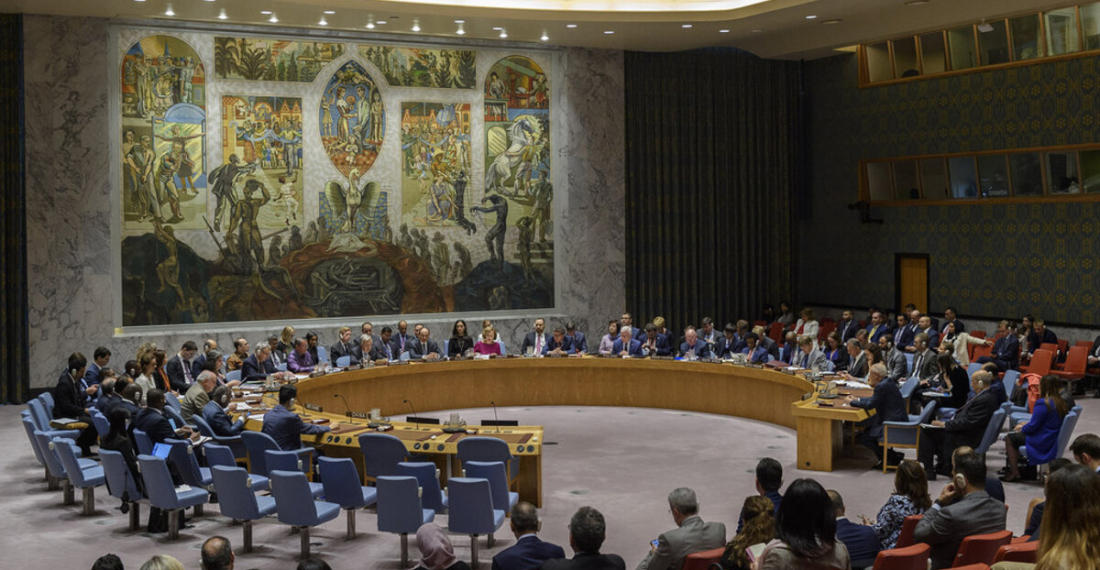The United Nations Security Council on Wednesday (14 September) started discussing, in close session, the situation on the Armenia and Azerbaijan border.
The meeting was held at the request of Armenia, who accuses Azerbaijan of encroaching on its territory.
Diplomatic sources told the media that there was overall in the discussion unanimity in calling on the sides to immediately cease hostilities and return to diplomatic negotiations.
It is understood that the Council will continue with its deliberations today, and the meeting this time will be in public.
Meanwhile, the Secretary of National Security Council of Armenia on Wednesday evening told Armenian Public TV that following the mediation of the international community a cease fire had been agreed by both Armenia and Azerbaijan starting from 20.00 hours. There have so far not been any reports of new clashes overnight.
In Armenia, the political situation remains tense, with the opposition collecting signatures from MPs for the impeachment of prime minister Nikol Pashinyan. But so far only opposition MPs have joined the initiative which is likely to fail.
On Wednesday, prime minister Pashinyan told parliament that in this week's developments Azerbaijan had encroached on Armenian land and that his first priority was to protect the territorial integrity of the Republic of Armenia within its internationally recognised borders. Later Pashinyan took to facebook to deny rumours spread by the opposition that he had signed a peace agreement with Azerbaijan. A government spokesperson later clarified that not only had an agreement not been signed but not even a draft has as yet been prepared.







